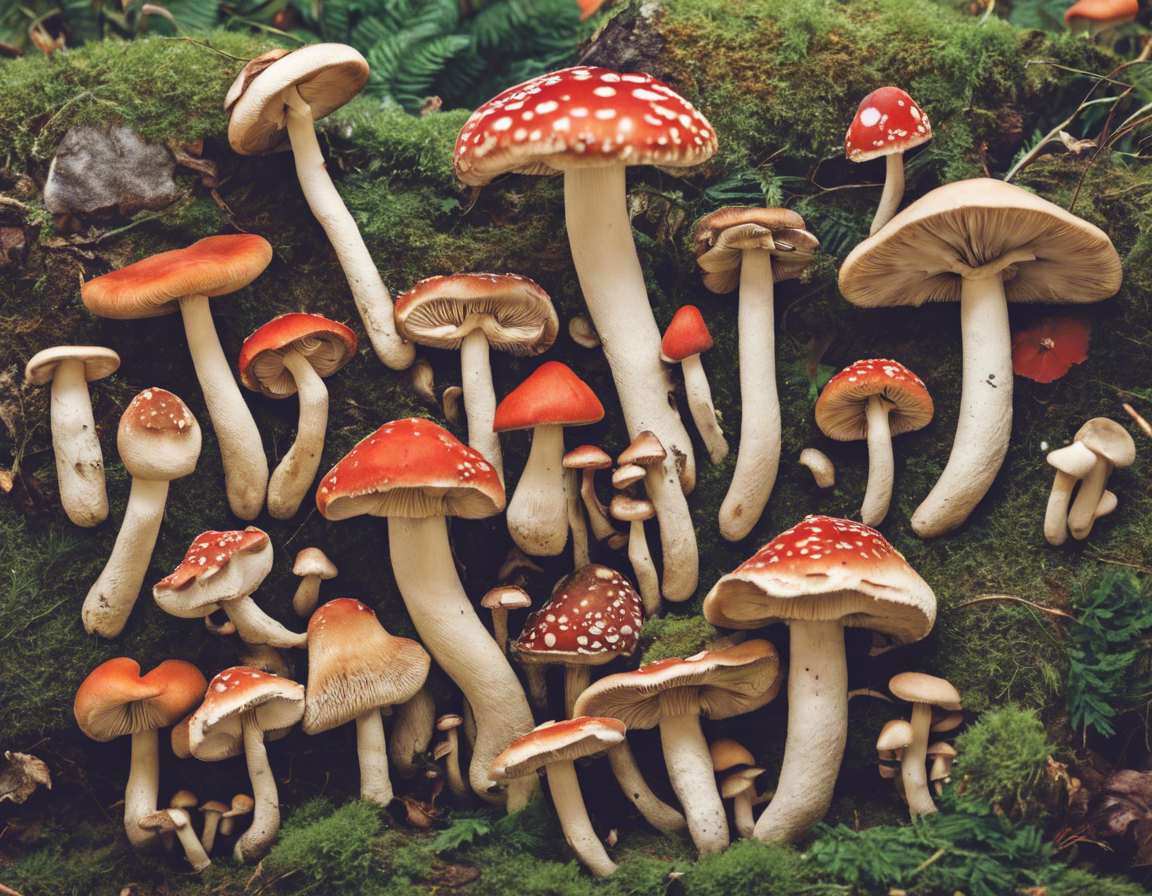LSD, or lysergic acid diethylamide, is a powerful hallucinogenic drug known for its mind-altering effects. It is often consumed recreationally for its psychedelic properties, leading to altered perceptions, visuals, and introspective experiences. One common question that arises among users is whether LSD expires or loses its potency over time. Let’s dive into this topic and explore what you need to know about the shelf life of LSD.
Understanding the Shelf Life of LSD
LSD is a relatively stable compound when stored properly. It is sensitive to light, heat, and moisture, which can degrade its potency over time. When exposed to these elements, LSD molecules can break down, leading to a decrease in its efficacy. Proper storage is crucial to maintaining the quality of LSD for longer periods.
Factors Affecting LSD’s Stability
-
Light: LSD is photosensitive and degrades when exposed to light, especially ultraviolet (UV) light. To prevent degradation, it is essential to store LSD in a dark and opaque container away from direct sunlight.
-
Heat: High temperatures can accelerate the degradation of LSD. It is recommended to store LSD in a cool place away from heat sources to maintain its potency.
-
Moisture: LSD is sensitive to moisture, which can cause it to break down more quickly. Storing LSD in a dry environment, such as a sealed container with desiccants, can help preserve its quality.
-
Air: Exposure to air can also affect the stability of LSD. Keeping LSD in a sealed container can prevent oxidation and help prolong its shelf life.
Does LSD Expire?
While LSD does not have a definitive expiration date like food or medication, its potency can diminish over time under improper storage conditions. When stored in a cool, dark, and dry place, LSD can retain its potency for years. However, if exposed to light, heat, moisture, or air, LSD can degrade more quickly, leading to a decrease in effectiveness.
How Long Does LSD Last?
When stored correctly, LSD can remain potent for several years. Some users have reported that properly stored LSD retained its efficacy even after a decade. However, degradation rates can vary based on storage conditions, so it is recommended to consume LSD within a reasonable timeframe to ensure the desired effects.
Tips for Storing LSD
-
Use an opaque container: Store LSD in a dark-colored, light-proof container to protect it from light exposure.
-
Keep it cool: Store LSD in a cool place away from heat sources and direct sunlight.
-
Avoid moisture: Keep LSD dry by storing it in a sealed container with desiccants to absorb any moisture.
-
Minimize air exposure: Seal the container tightly to prevent air from entering and causing oxidation.
By following these storage guidelines, you can prolong the shelf life of LSD and ensure a more consistent and potent experience when consuming the drug.
FAQs (Frequently Asked Questions)
Q1: Can expired LSD be harmful?
A: Expired LSD is not necessarily harmful, but its potency may be significantly reduced, leading to weaker effects or potential disappointment for users.
Q2: How can I tell if LSD has gone bad?
A: Signs of degraded LSD include a change in color, a strange smell, or a significantly weaker psychedelic effect compared to previous experiences.
Q3: Does storing LSD in the freezer help extend its shelf life?
A: While some users believe that freezing LSD can preserve its potency, condensation from temperature fluctuations can introduce moisture, potentially degrading the LSD. Storing it in a cool, dark place is generally sufficient.
Q4: Can sunlight degrade LSD if it’s in a clear baggie?
A: Yes, sunlight can degrade LSD even if it’s in a clear baggie. It’s best to store LSD in an opaque container to protect it from light exposure.
Q5: Is it safe to consume LSD that has been stored for a long time?
A: As long as LSD has been stored properly and shows no signs of degradation, it should be safe to consume. However, the potency may decrease over time, so adjusting the dosage may be necessary.
In conclusion, while LSD does not expire in the traditional sense, its potency can diminish over time if not stored correctly. By understanding the factors that affect LSD’s stability and following proper storage guidelines, users can prolong the shelf life of LSD and ensure a more consistent and enjoyable psychedelic experience.
